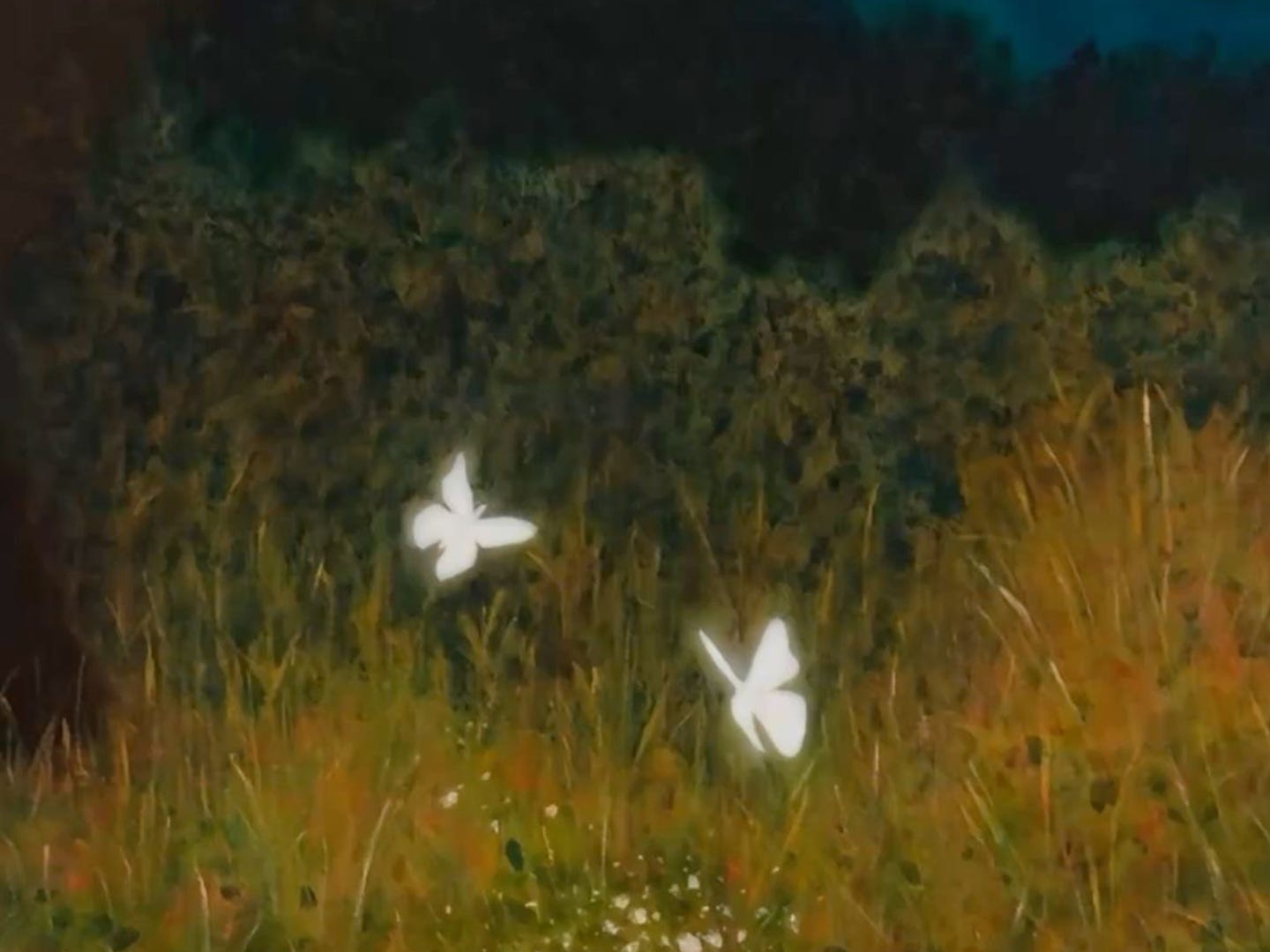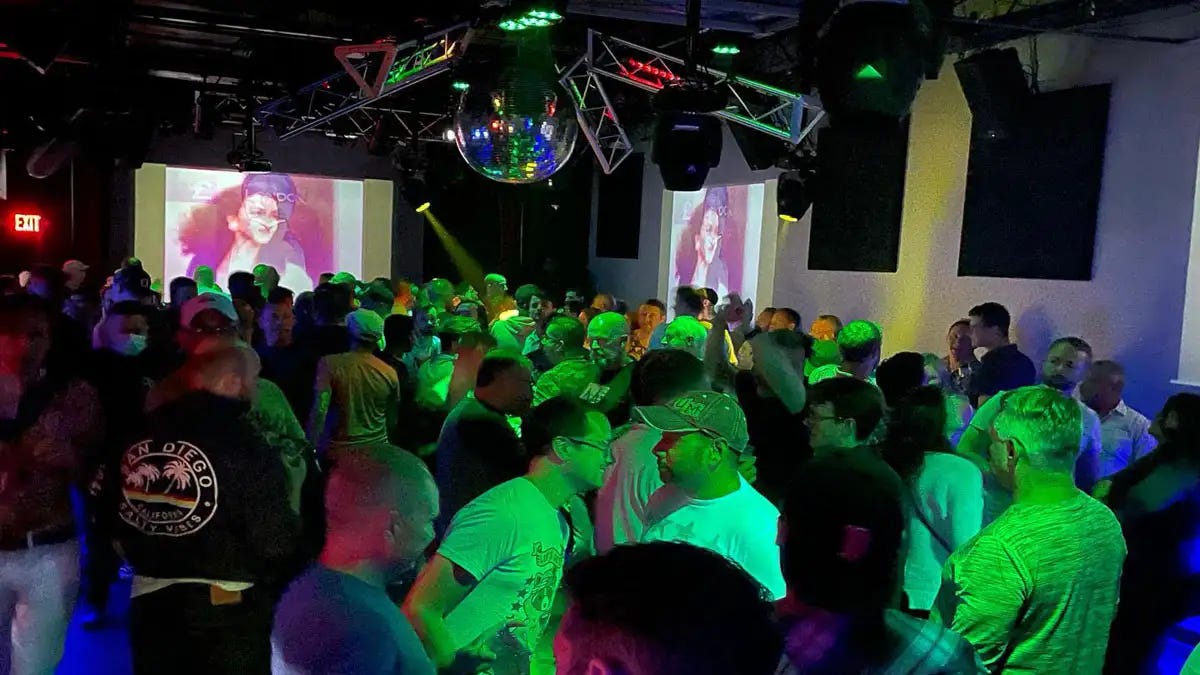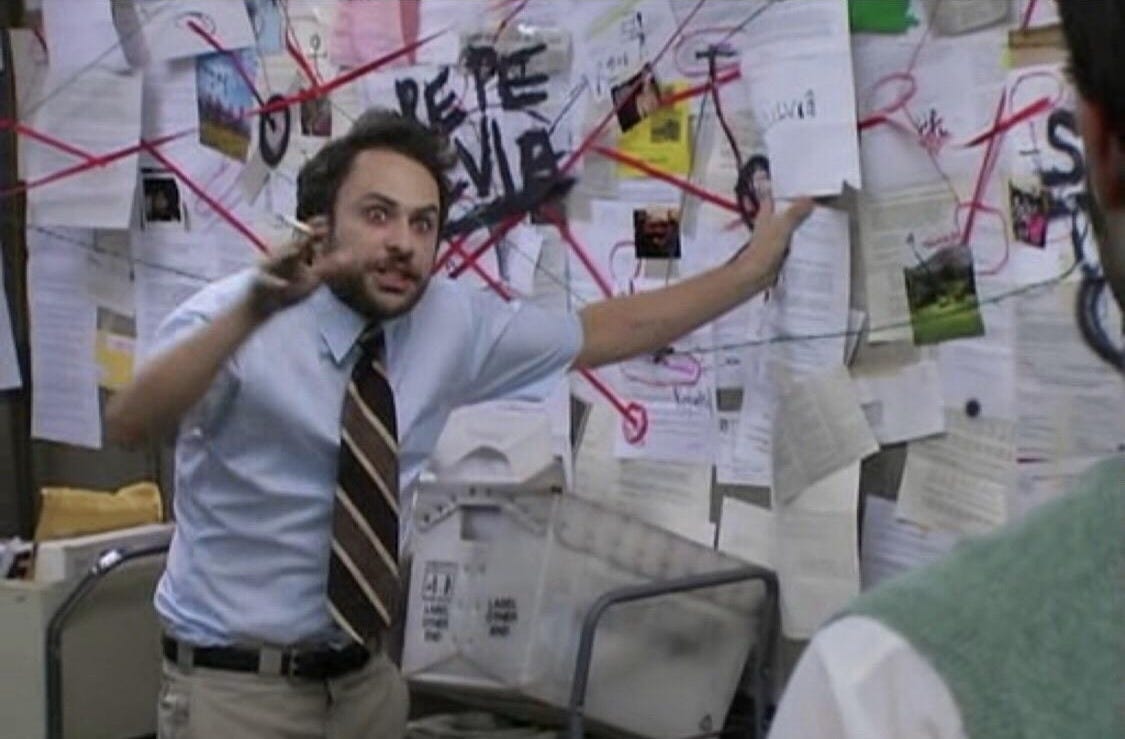Open Invitation, Pt. 1
A conversation between two writers on craft & care
“The nature of this art is lonely: the writer puts forth a vision and hopes some other person will carry it forward; yet writers, like all people, need other humans.”
— Nikki Giovanni
Writing is often practiced in isolation. The wee morning hours when we come to the desk, an altar of sorts, offering nothing but ourselves—and maybe a candle or some coffee. Or the times when we steal a few moments on the bus or train in deep need of a release. But sometimes, we dare to invite others in and navigate this work together.
Last March, Shivani messaged me on Instagram. With her signature kindness and contagious love for people, she shared how she appreciated my writing. We quickly bonded over NBA basketball and a shared adoration for Hanif Abdurraqib’s work.
Since then, we’ve written alongside each other in many forms and cheered one another on every step of the way. As fans of each other’s work, we were curious to learn more about how we approach writing. Also, we wanted to share with others how we show up as writers, knowing we’re handed limited depictions of what a writer looks like.
For part one of our conversation, we explore gratitude, patience, execution, and more.
These are edited excerpts from the conversation.
Shivani: Let me ask you. What are your goals as a writer? What are you hoping to do?
Alex: I got back into writing from a place of wanting to make stuff with my friends and get in on the fun of what they were doing, so it's been a source of enjoyment and pleasure for me. The goal has really been to not get burnt out on it. I don’t want to put too much pressure or too many rules and restrictions on how I write. Also, the hope is always that I'm writing something I'm proud of—that it can, hopefully, be helpful in some way for other people, too.
Shivani: I definitely see that with your writing—that it’s born from a love for yourself, but also for your people. And something I really admire is how you allow it to be a conversation. When I think about my writing, the major goal is to allow myself to write whatever I want to write and whatever I need to write. A lot of that is done privately. But when I share my work, whether it be on Substack or Instagram or in a workshop, I'm really looking for a conversation.
It’s one thing to write in a vacuum of my thoughts and to be sort of stuck in my head, but my goal is to allow parts of myself to come out in whatever form or genre it needs to—whether it's a poem, an essay, or a longer piece of fiction—and then to get to share that with people.
Alex: 100%.
Shivani: I know we both saw this quote on Instagram because we both re-shared it. [Laughs]
Jeffrey Eugenides said, “I care about the reader. Not ‘audience.’ Not ‘readership.’ That one person, alone in a room, whose time I’m asking for.”
Whenever someone reads something of mine, that's a huge ask. That's a lot of time. You can do anything with your free time. So I hope that I'm being honest and the vulnerability I'm putting out there opens an allowance for someone else, as well.
Alex: I love that quote, and you're right. I always think, ‘Oh man, I'm honored someone made time for this.’ Because I know we’re both busy. Writing isn't the only thing we do, and that's also the case for someone who's gonna take the time to read what I write. It’s also special when someone doesn’t connect with something on the surface, but they spend time with it anyway and find there’s something more human here.
Shivani: It’s true.
Alex: I'm curious, though. I feel like you're somebody who can sit with a piece for a while. I have a harder time with that. What's your relationship with sitting with a piece of writing, and why does it tend to be part of your process?
Shivani: When I first moved to Chicago about three years ago, I set this goal that, in one year, I wanted to write a full-length poetry book. I had no idea what really went into writing a book. It didn't have a thesis. I just had these poems that were sort of spilling out of me, and I would write it, edit it a bit, put it away, come back to it, and maybe workshop it with people. I think I just felt like there was always going to be more you could do with a piece. It never really felt finished. Now, I've released the need to have a project done by a certain deadline. It feels like the healthiest way for me to approach my writing. Part of what allows me to write my most honest, authentic work is by not putting extra pressure on me because there's enough pressure as it is.
Alex: I feel that.
Shivani: But I admire so much that, when you have an idea, you see it through so quickly. And I’m curious. What's the necessity for you in doing that?
Alex: Part of it is the music culture I grew up in. With artists in the mixtape era, like Lil Wayne, they may hear a beat that day, record that day, and then ship it off right then and there. Also, working in social media marketing, people can respond as soon as you post. I think it connects back to what you were saying. The hope is always that there's this conversation that can happen—that, whoever wants to make time for my work, can sit with it and be able to gain something from it.
What’s new for me is starting to sit with some of these things and understand when a piece isn't ready yet. I don’t want to force it to completion. I'll write what I can now. And whenever I'm ready to return to it, I know it'll be there. I’ll have a new perspective I can bring to it.
Shivani: Definitely. I think there's opportunity for both sides. I remember back in June last year, I was going to write this “Club classics” piece. Club Cafe classics. [Laughs]
Club Cafe was this great queer club in Boston where me and my best friend loved going dancing. We went there during BRAT Night, and I kept putting off this essay. And by the time I sat down and was ready to write, I was like, ‘Everyone's written about BRAT. I don't really have anything new to add to the conversation.’
This brings me to my next question: when you’re writing and you decide this is what I want to write about — ‘This needs to be in this world, and I’m the person who I want to write about it’ — what are the things that bring you to that moment that this piece needs to exist?
Alex: That’s a good question.
Shivani: Especially with Substack, because we’re not getting assignments. No one's telling us what to write. We don't have professors. We don't have editors. It's just because we want to. Recently, a friend of mine was like, ‘Why are you giving yourself essays to write?’
Alex: [Laughs] Why are you giving yourself homework?
Shivani: I’m like, I don’t know. I love it. That’s why!
Alex: It’s fun! When I started Feels Like Home, the purpose was simply to write about things I really loved, write about things I enjoy, write about different people and moments that have shaped me, whether that’s something from deep in my past that shaped where I am now or is currently in the process of shaping me.
So, a lot of times I tend to think about different patterns that I’m seeing. I observe what's happening on the surface and take note of that, but then I also want to explore whether there’s something deeper here that connects with something within me—that also may connect with a broader experience other people might be having.
I take notes on my phone. I’ll jot down a little thought here and there. Sometimes, it may just be that thought, and I’ll leave it. Other times, I’ll drop in a bunch of Instagram or Twitter links that reference back to that thing. It’s like I’m building this—
Shivani: Building a case.
Alex: Yes, building a case for it! And then, there hits a point with most every piece I've written where it sort of comes full-circle. I don’t know, it’s tough to explain. What I'm searching for, what I'm hoping to get to is that aha moment that makes all of this feel worth it to me. And going back to what we were joking about — “Why are you giving yourself homework?” — that’s the thing I’m chasing after. That moment where I find really cool harmony between all these things. It’s like the gold at the end of the rainbow, like following the breadcrumbs and seeing where they lead. And when you get there, it all feels like it goes together.
Shivani: You’re sort of like that Charlie Day meme with strings looping around and then his face being a little spooked but like he’s figured something out. It's really similar for me, too. I started come in for tea as an invitation to others to read it, but also for myself to write things that have been in my head that I want to get down somewhere and not just something I'm journaling about or having a conversation through voice memos with my friends about. I really wanted to put it somewhere and have the conversation grow.
That's one of the coolest parts of Substack. Getting to meet people. When I got to meet you, there was this intersection of our interests and our lives and our passions. If I didn’t release these thoughts that I feel like are only in my head, I wouldn't get to bond with people about it or give it a space to exist and breathe.
Alex: Yeah.
Shivani: Because like we said earlier, we're just doing this for fun. Even if you have Paid subscribers, we’re not really doing this for money. We're not full-time writers. Our livelihoods don't depend on this. We have full-time jobs, and I think that's really special getting to write something for the sake of it—and all the while, trying to to sharpen the craft of it and take it so seriously and have reverence for it. I think we both do that.
I especially love when we read each other's work before publishing it because we trust each other with that. come in for tea is an invitation. Feels Like Home is an invitation. And if I'm going to invite you into this space, I want to give you the best.
Alex: I have to laugh about it, at times, when I think about the fact that I really get to write whatever I want and there are people who actually want to read it. I don't think that I could write any other way and feel proud about it—or at least have the level of pride that I have for this work. That’s a really cool thing to me.









This was so sweet to get to read!
I love the mutual admiration and that quote was killer!
man this was so sweet, I'm liable for (another) toothache 🥹